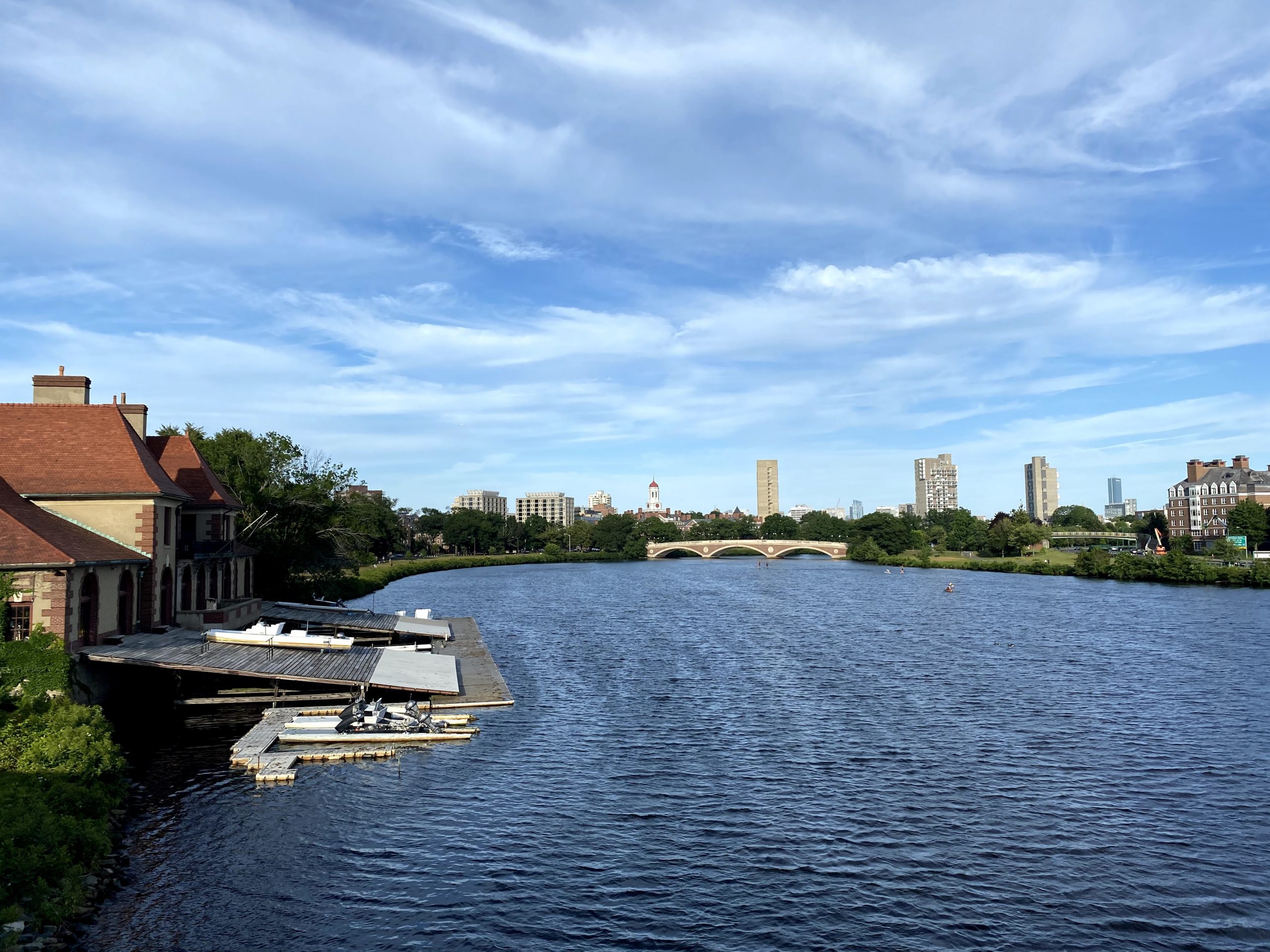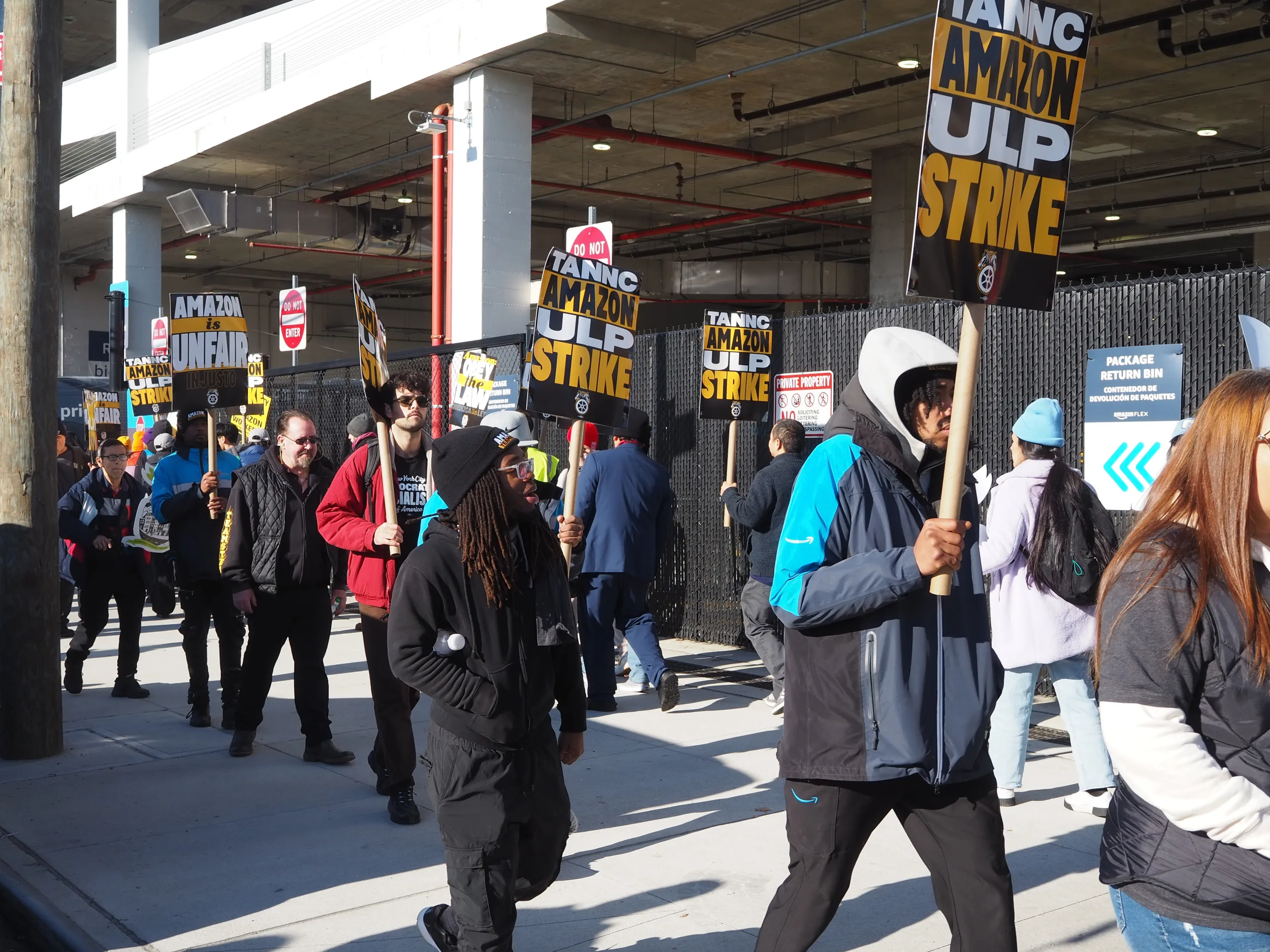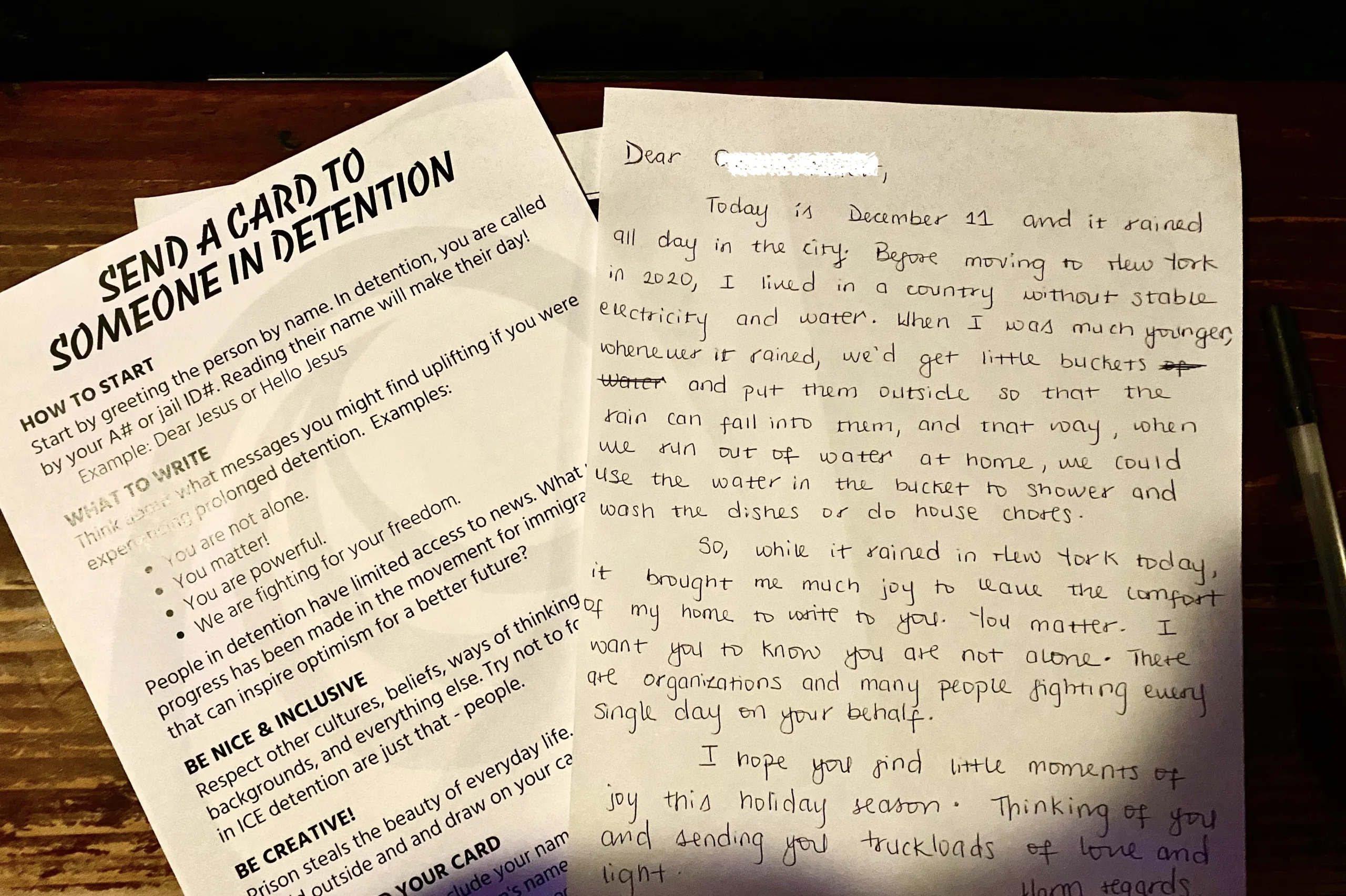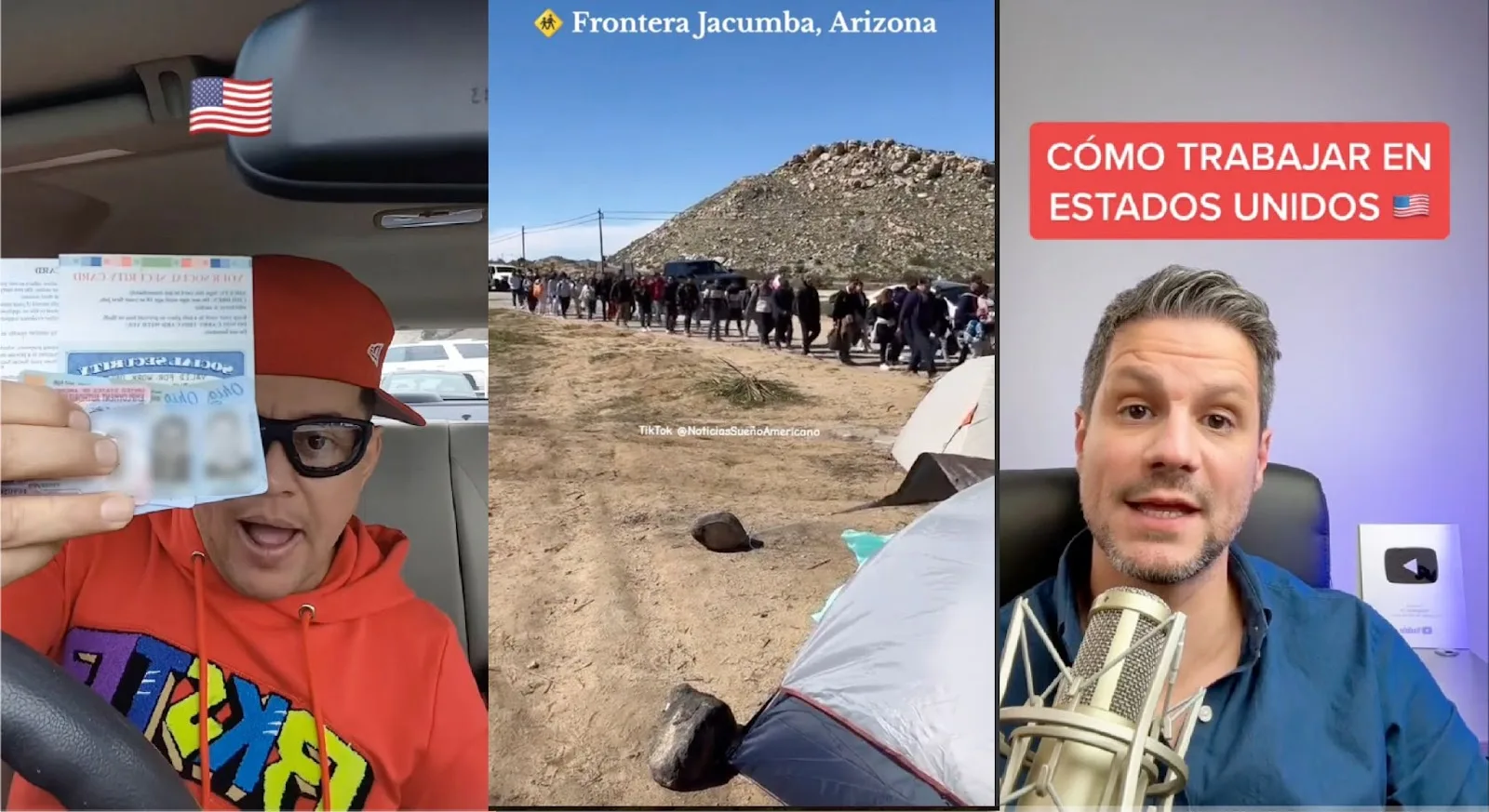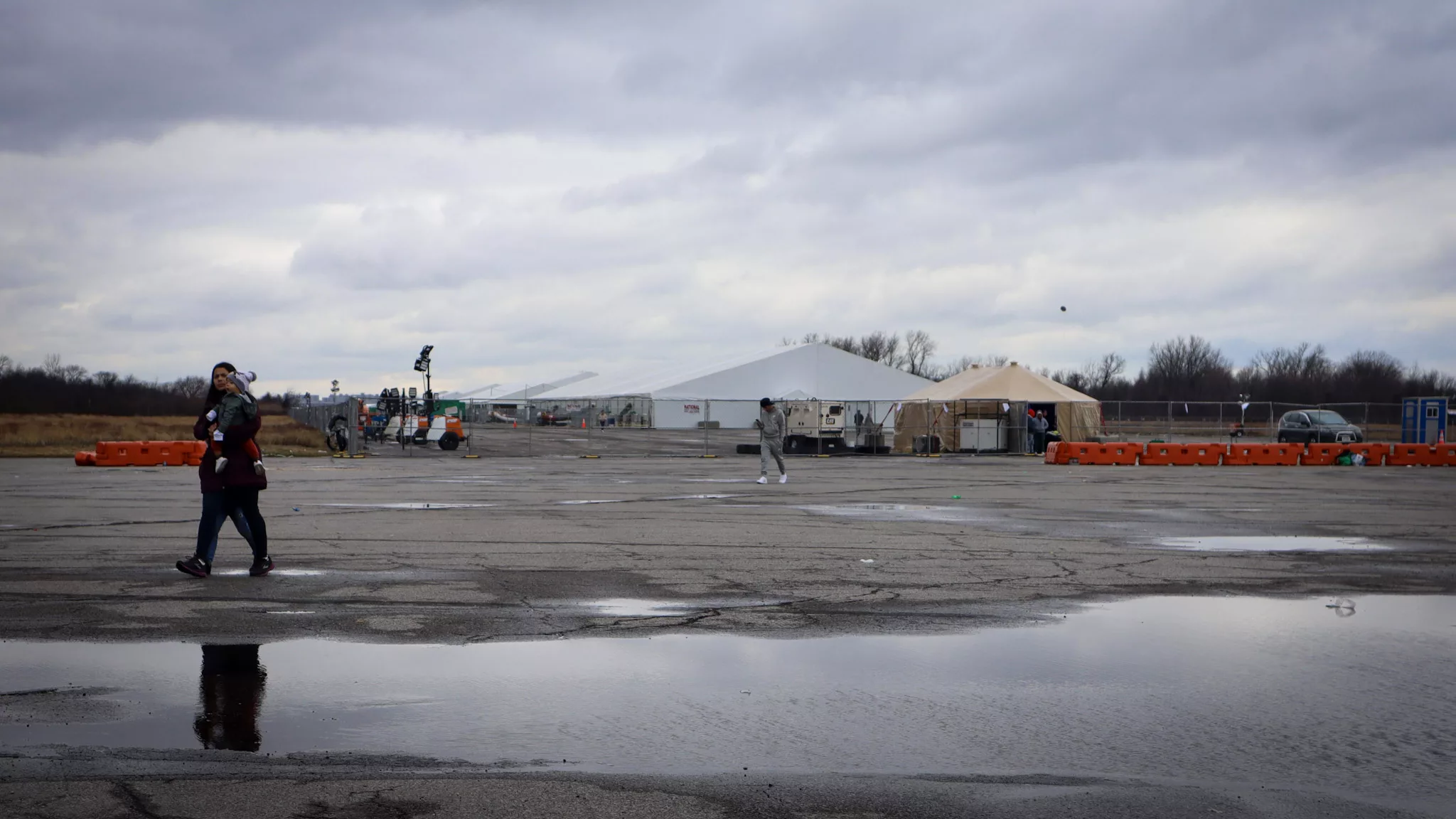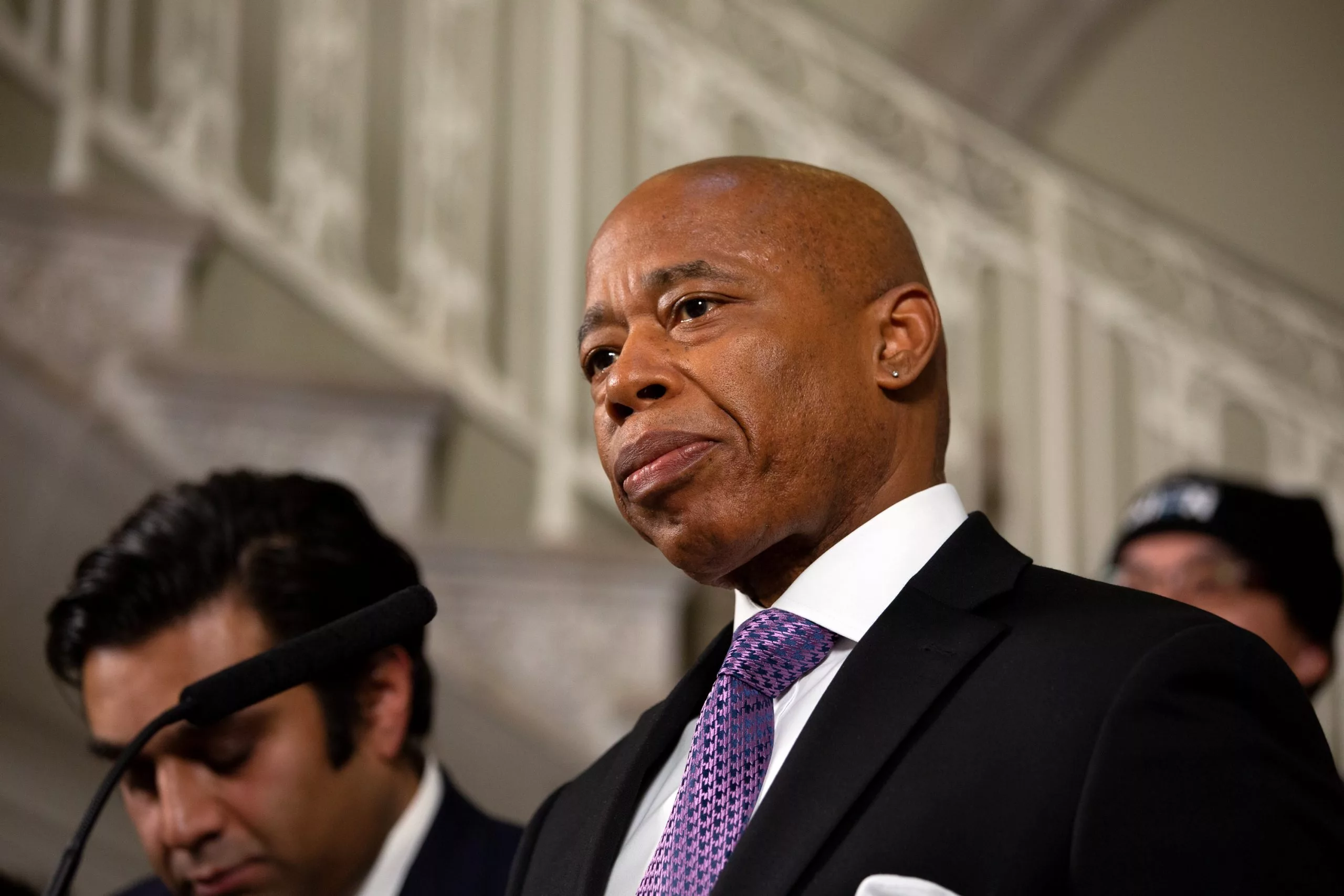This summary was featured in Documented’s Early Arrival newsletter. You can subscribe to receive it in your inbox three times per week here.
On Wednesday, lawmakers in Massachusetts approved a bill allowing immigrants without legal status to obtain driver’s licenses. The bill won overwhelming support from Democrats, protecting it from a potential veto by Republican Gov. Charlie Baker. Residents will be allowed to prove their identity using passports from their home countries and birth certificates. Supporters of the legislation say explicitly including wording that clarifies undocumented immigrants with driver’s licenses can’t vote led more House members to support the bill. Advocates have been pushing for the legislation for almost 20 years, on the basis that it would address public safety and improve access to opportunities for immigrants. Boston Globe
In other federal immigration news…
Private Prison Company to Pilot U.S. House Arrest Program for Detaining Immigrants
BI Incorporated, a subsidiary of the private prison company GEO Group, will test run a new “home curfew” pilot program to detain hundreds of migrants caught crossing the U.S.-Mexico border. Some critics have called this approach an extension of for-profit detention, as it could let private companies retain a strong presence in managing immigration enforcement. Immigrants in the program will be mandated to stay at home for 12 hours a day, from 8 p.m. to 8 a.m., and will be monitored with tracking devices as they await their court proceedings. The latest approach is part of the Biden administration’s “alternatives to detention” efforts. Reuters
Poll shows 70% of Americans Support Pathway to Citizenship for Undocumented Immigrants
A new NewsNation poll shows that 70% of Americans support a pathway to citizenship for undocumented immigrants, which recent attempts to reform immigration have focused on. It has been decades since a broad legalization measure became law, although a few small bills have since been enacted. Last year, U.S. House Democrats included a provision in their Build Back Better bill that would grant approximately 7 million undocumented immigrants legal status, but not a path to citizenship in most cases. The House also approved a bipartisan bill to provide a path to citizenship for undocumented farmworkers. Still, neither paths have a realistic chance of Senate approval. The Hill
Grassroots Immigrant Groups Call on Congressional Hispanic Caucus to Push for Immigration reform
A coalition of 31 grassroots immigrant groups, led by the CHIRLA Action Fund and CASA in Action, are calling on the Congressional Hispanic Caucus to push for immigration reform. The groups wrote that they were disappointed that only a few “champions for immigration solutions” made their voices heard last year as “various interests sought inclusion” in President Biden’s Build Back Better plan. Before the House debated BBB in November, legislators proposed various forms of relief for undocumented immigrants in the legislation. But negotiators in the House chose a parole option to grant temporary relief to undocumented immigrants, which senators in the caucus said made it more difficult for them to negotiate for the law’s passage. The Hill
100 Democrats Call on Biden to Address Treatment of Black Migrants Within U.S. immigration System
A group of more than 100 Democrats wrote a letter to President Biden, expressing deep concern over the treatment of Black migrants. They cited disturbing images and videos of border patrol agents using horses and horse reins to harm unarmed Black people at the border. The Democrats are demanding a new way forward rooted in equal treatment and protection of human rights to support immigrants and asylum seekers. As a starting point, they recommend the Department of Homeland Security, in collaboration with the Department of Justice’s Executive Office for Immigration Review, conduct a holistic review of the disparate treatment of Black migrants throughout the U.S. immigration system. They also request for the results of the review to be made available to the public, with further steps taken to remedy disparities at each step of the immigration enforcement process.
